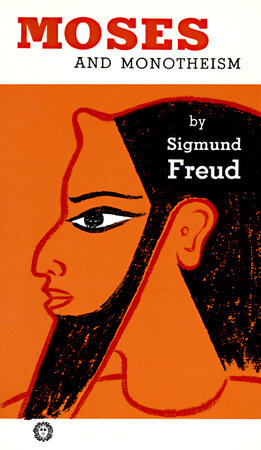Teacher
Sigmund Freudbooks
Below are the best books we could find featuring sigmund freud.
Sigmund Freud (1856–1939) was an Austrian neurologist and the founder of psychoanalysis, a clinical method for treating psychopathology through dialogue between a patient and a psychoanalyst. He developed techniques such as the use of free association and identified the phenomenon of transference. His analysis of dreams as wish-fulfillments provided him with models for the underlying mechanisms of repression, and on this basis he elaborated his theory of the unconscious and went on to develop a model of psychic structure comprising id, ego, and superego. He also postulated the existence of libido, a sexualized energy that generates erotic attachments, and a death drive, the source of compulsive repetition, hate, aggression, and neurotic guilt.











